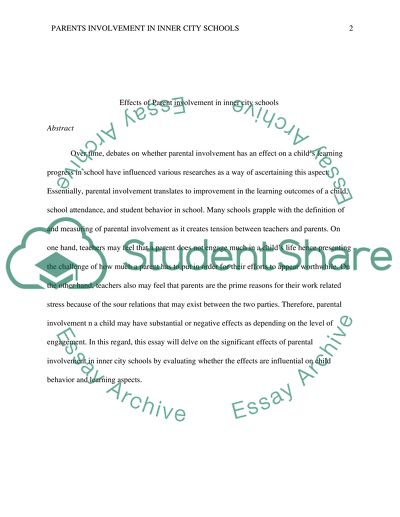Cite this document
(“Effects of Parent Involvement in Inner City School Term Paper”, n.d.)
Retrieved from https://studentshare.org/education/1477240-effects-of-parent-involvement-in-inner-city-school
Retrieved from https://studentshare.org/education/1477240-effects-of-parent-involvement-in-inner-city-school
(Effects of Parent Involvement in Inner City School Term Paper)
https://studentshare.org/education/1477240-effects-of-parent-involvement-in-inner-city-school.
https://studentshare.org/education/1477240-effects-of-parent-involvement-in-inner-city-school.
“Effects of Parent Involvement in Inner City School Term Paper”, n.d. https://studentshare.org/education/1477240-effects-of-parent-involvement-in-inner-city-school.


